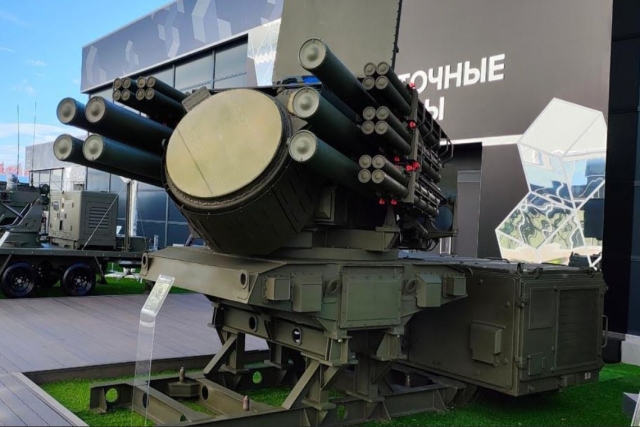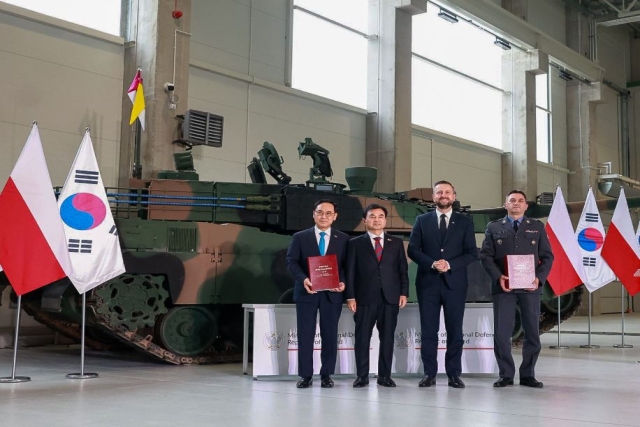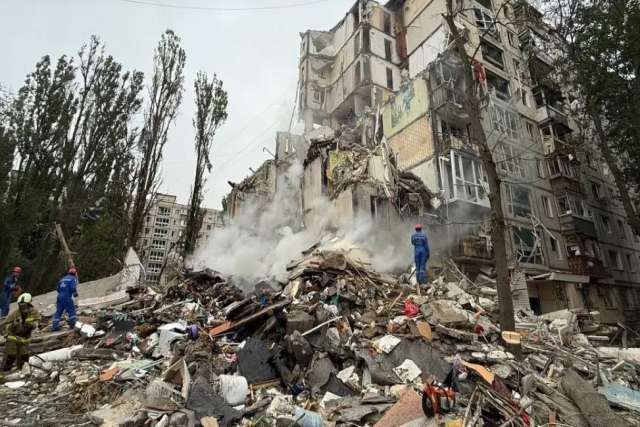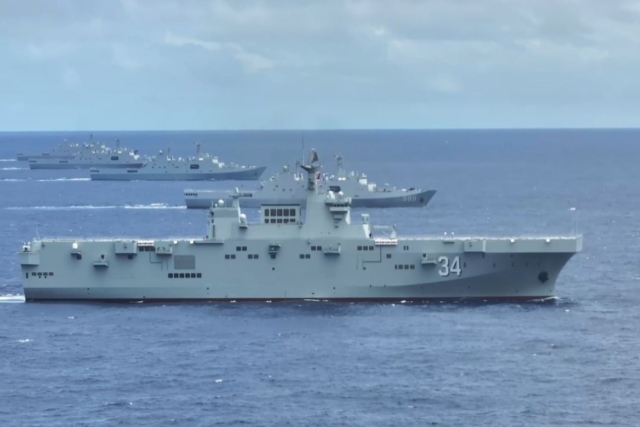M-16 magazines of US troops made by Pinoys

In this age of advanced technology and nonstop modernization, it may come as a surprise that a local company is a supplier of the world’s most powerful armed forces. Maxistar Enterprises Inc., which started as a subcontractor for the manufacture of M-16 rifles and aluminum magazines for Elitool—the biggest producer of army equipment during the time of former President Ferdinand Marcos—is now the sole supplier of M-16 steel and aluminum magazines for the Armed Forces of the Philippines (AFP) and the militaries of the United States, Canada, Germany, South Africa and France. “When it [Elitool] closed, the AFP gave us the contract [to manufacture M-16 aluminum magazines] using the materials from Elitool. We were assisted by the research and development of AFP in making these products,” Maxistar President Jeanette Tolentino said. Maxistar was part of an umbrella program in 1973 under the Self-Reliant Defense Posture (SRDP) of Presidential Decree 415 under then-President Marcos. SRDP aimed to support the local manufacturing of military equipment for the development of the country’s defense system. A former executive for a Malaysian firm that created mortar fumes, Tolentino had been joining international defense shows since 1988. When she became Maxistar’s president, she brought the company to the international scene with help from the Center for International Trade Expositions and Missions or CITEM. With government support, Maxistar managed to make inroads and draw admiration for its products. Since Maxistar began attending defense shows—Defendory in Greece and International Defense Exhibition and Seminar in Turkey—it started to earn raves for its standard M-16 aluminum magazines. Its transition, however, from local supplying to international delivery did not come easy. “When we sell our products, we have to first sell our country,” said Tolentino, adding that other countries would have not believed in the quality of their products if it wasn’t for the support of the Philippine military. But with QCD or quality, cost and delivery as its core values, the company was able to impress the AFP, the Philippine National Police, Philippine Air Force and the international defense departments of numerous countries with its high-quality products, low cost and ability to meet the set delivery schedule. “We are duly licensed and under the direct supervision of the military,” Tolentino said. “Our products not only have to go through our own quality measures but also have to undergo military tests and evaluation upon delivery”. While the cost of these defense equipment has skyrocketed by a staggering 180 percent since Maxistar began manufacturing, demand for its products locally and internationally has become consistent. Though locally made, the raw materials used in the aluminum magazines are all imported. Tolentino argued that the rising cost of aluminum and steel in the world market made it impossible for Maxistar not to raise the cost of its products. Still, this did not discourage the local Armed Forces and police, as well as the foreign military from purchasing Maxistar products since that was more economical. The manufacture of armaments requires skilled and cheap labor, which the country had, allowing it to be competitive. The business is all year round, said Tolentino. “You cannot find our products in the supermarket,” she said jokingly. “We cannot sell our products to just any individual”. Tolentino noted that the escalated clashes in Mindanao have resulted in a big demand for M-16 magazines. That goes to show how important magazines are in winning battles. Perhaps not too many Filipinos even know that the Filipino soldier and his counterpart in the West rely on the M-16 magazines made by Maxistar.










